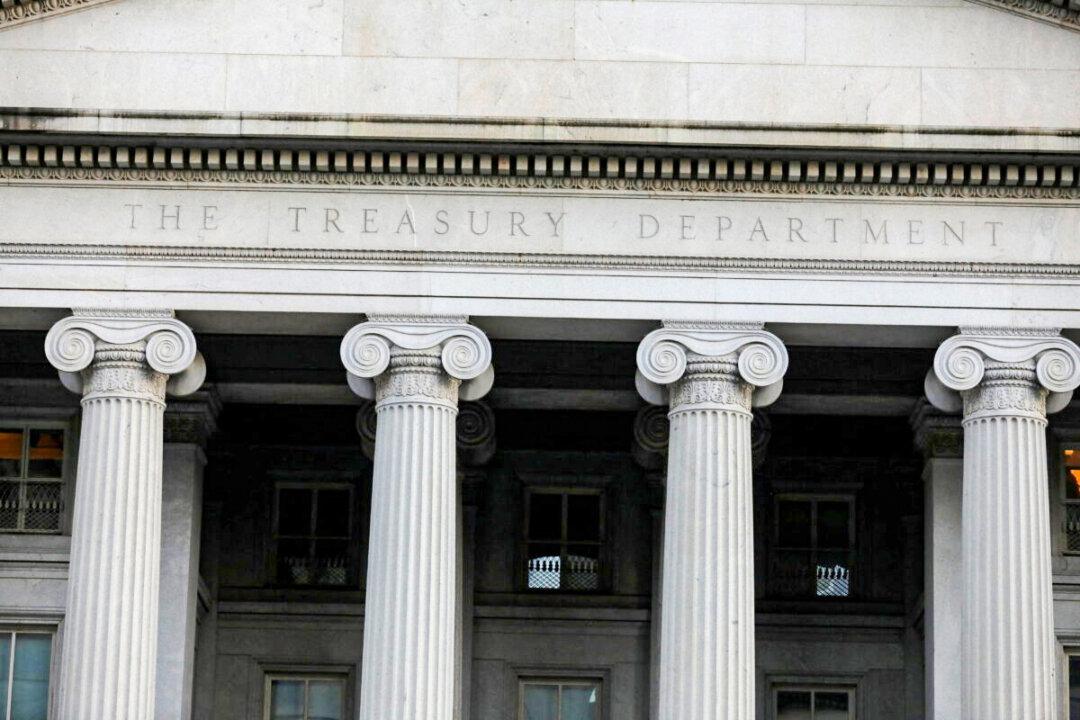The U.S. Treasury has placed Taiwan and Vietnam on its monitoring list for possible currency manipulation due to the countries exceeding thresholds over the four quarters through December 2021.
The Treasury Department released its semi-annual currency report on Friday (pdf), which assessed the U.S. major trading partners against thresholds that determine whether a country’s exchange rate had been manipulated to gain an unfair advantage in international trade.





